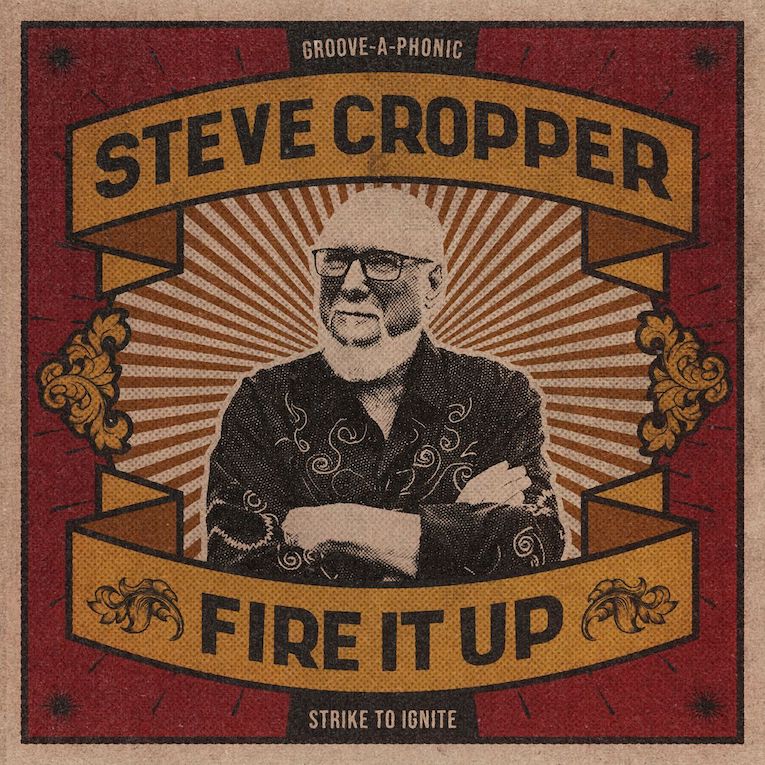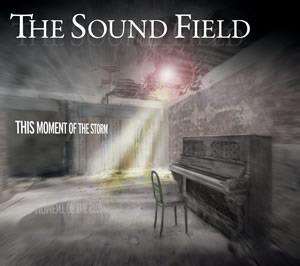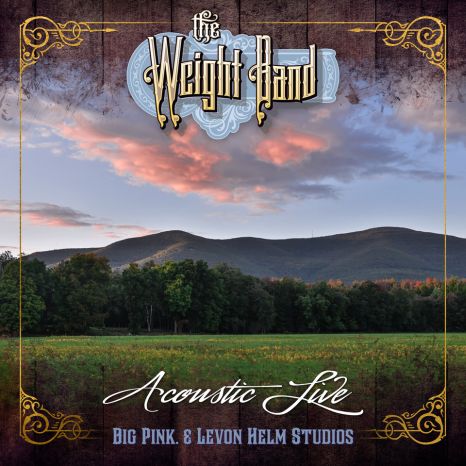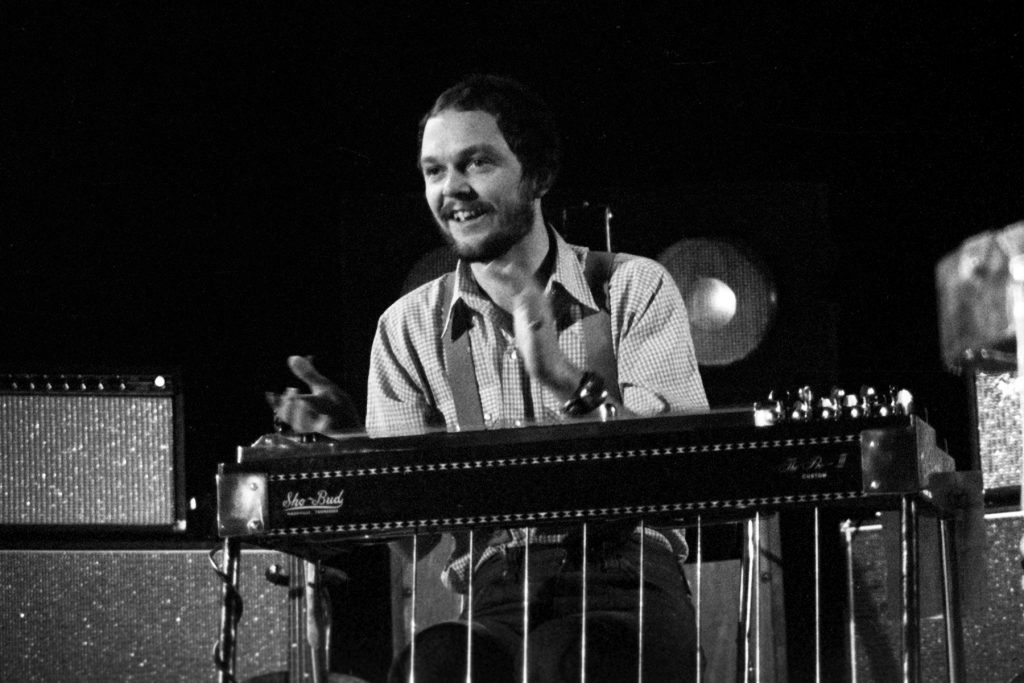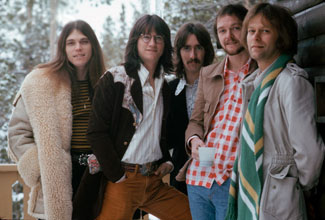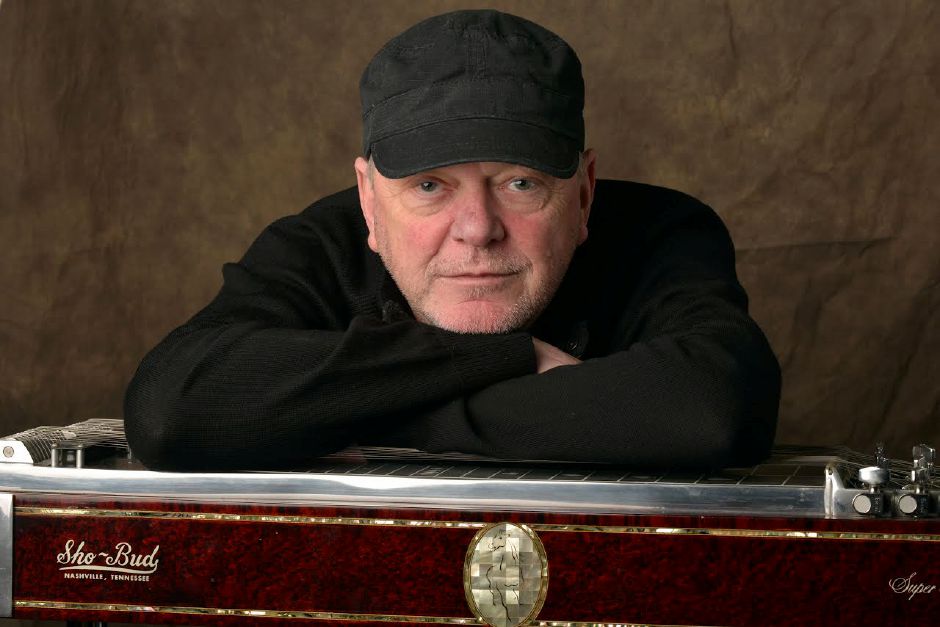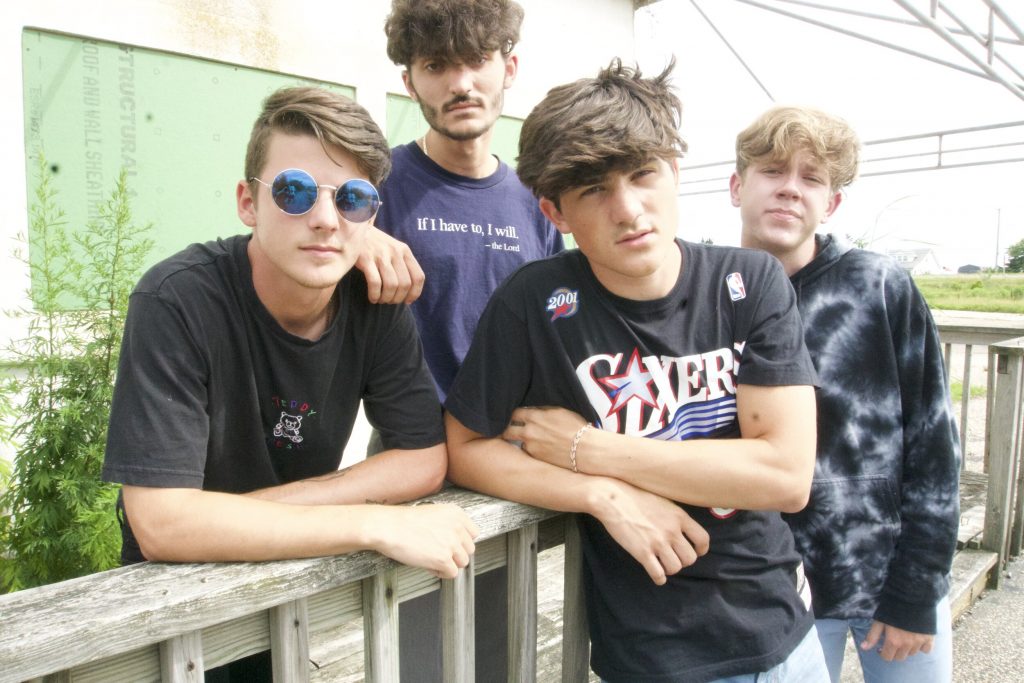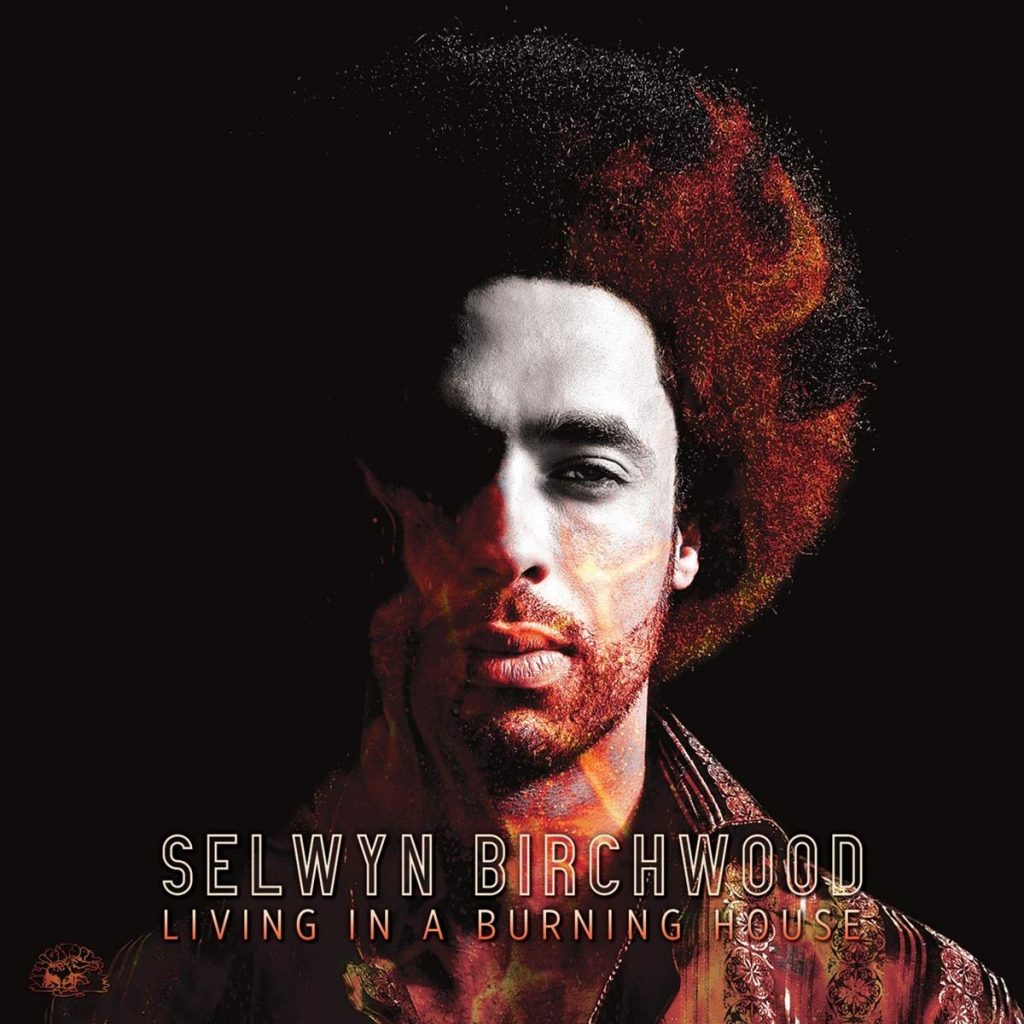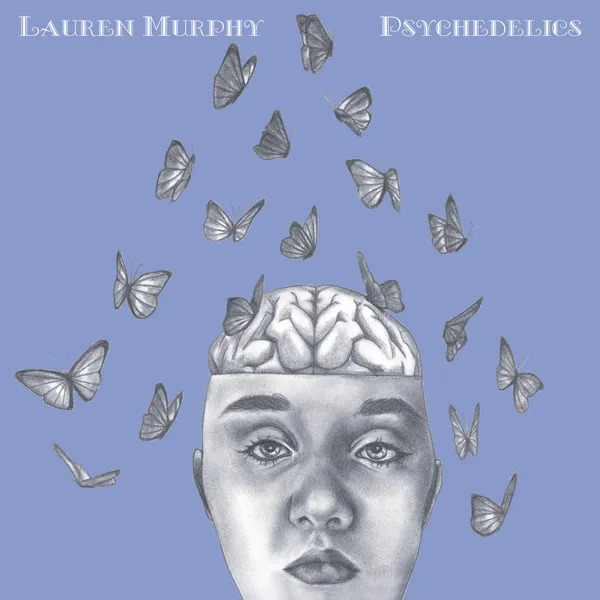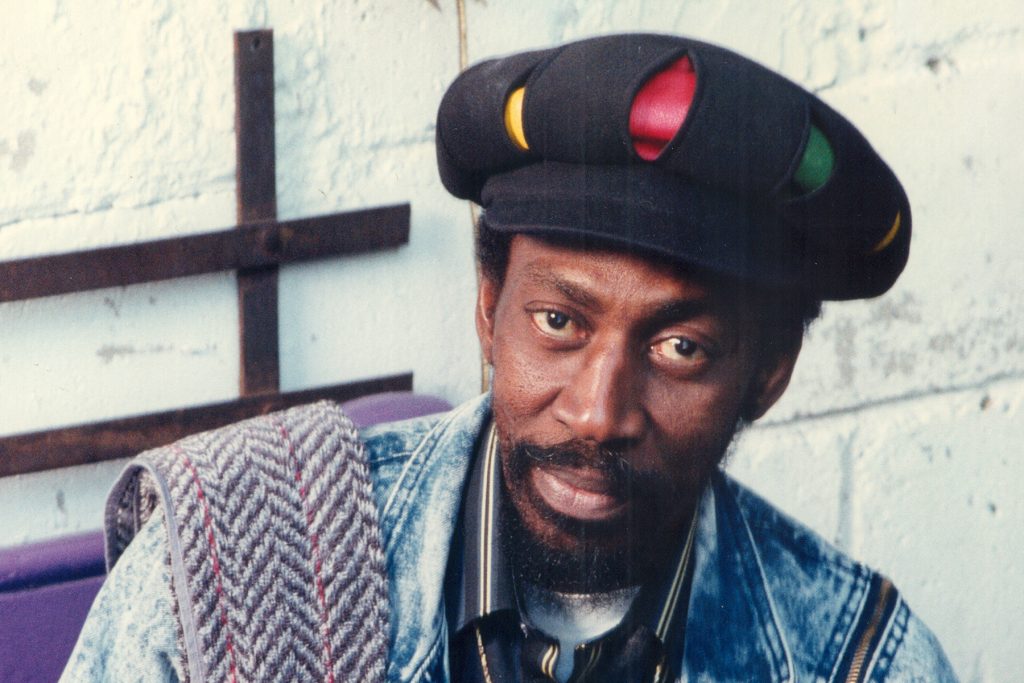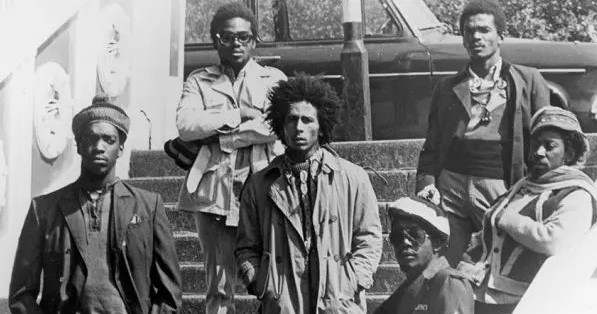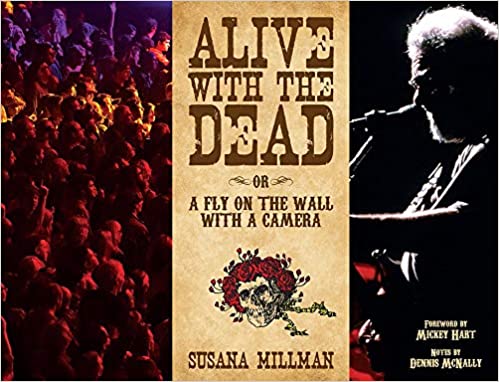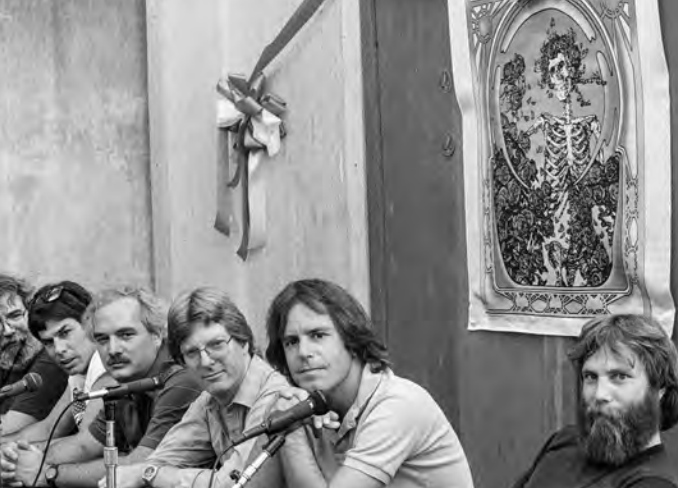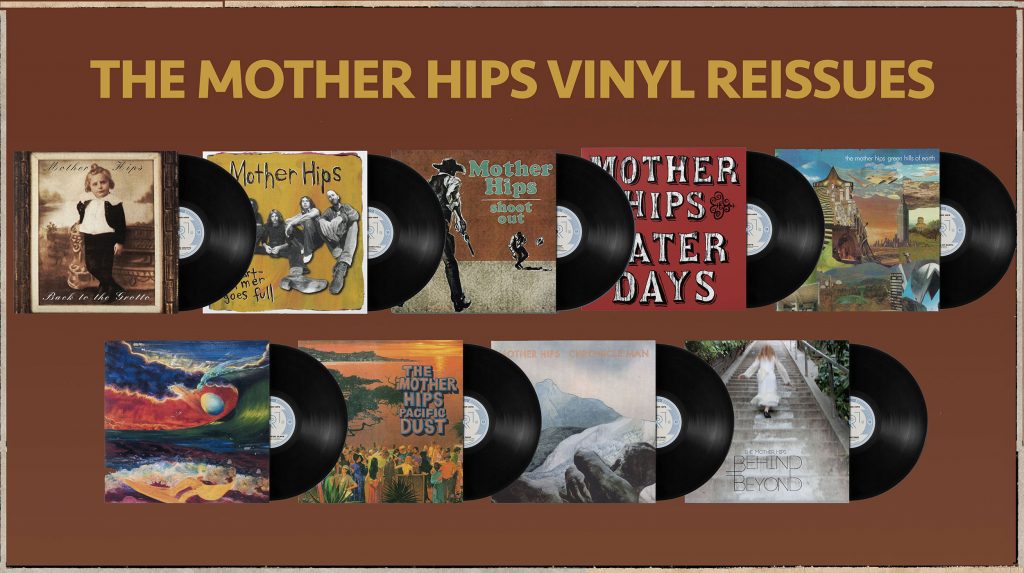If anything, Owsley Stanley was nothing short of innovative. His chemical creations were one thing, but his ability as an audio engineer led to some of the most ingenious designs in concert sound reinforcement and live recordings.
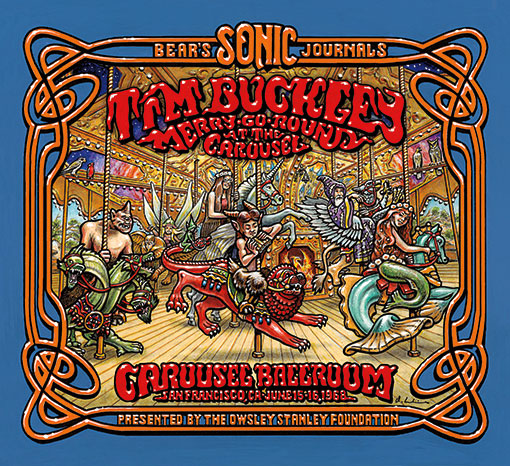
During the June 5 edition of Greasy Tracks, one of Stanley’s concert recordings was featured as part of an extensive spotlight on Tim Buckley.
Click here to check out an archive of the program, while a playlist is here.
Captured during a three-night run at the Carousel Ballroom in San Francisco where he was on the bill with Booker T and the MGs and It’s A Beautiful Day, Buckley and his bandmates were in superb form when they were recorded by Stanley June 15-16, 1968.
Buckley was in a stylistic transition at the time and decidedly more jazzy in his sound as evidenced by this stand at the Carousel which has been released as Tim Buckley Merry-Go-Round at The Carousel, part of the on-going Bear’s Sonic Journals series.
The program included interviews with Owsley’s son, Starfinder Stanley who is president of the Owsley Stanley Foundation; OSF board member Hawk, who served as executive producer of the Buckley release; bassist John Miller who was part of Buckley’s band at the time; lyricist Larry Beckett who worked extensively on Buckley’s first two releases; and Tim Buckley scholar, Pat Thomas.
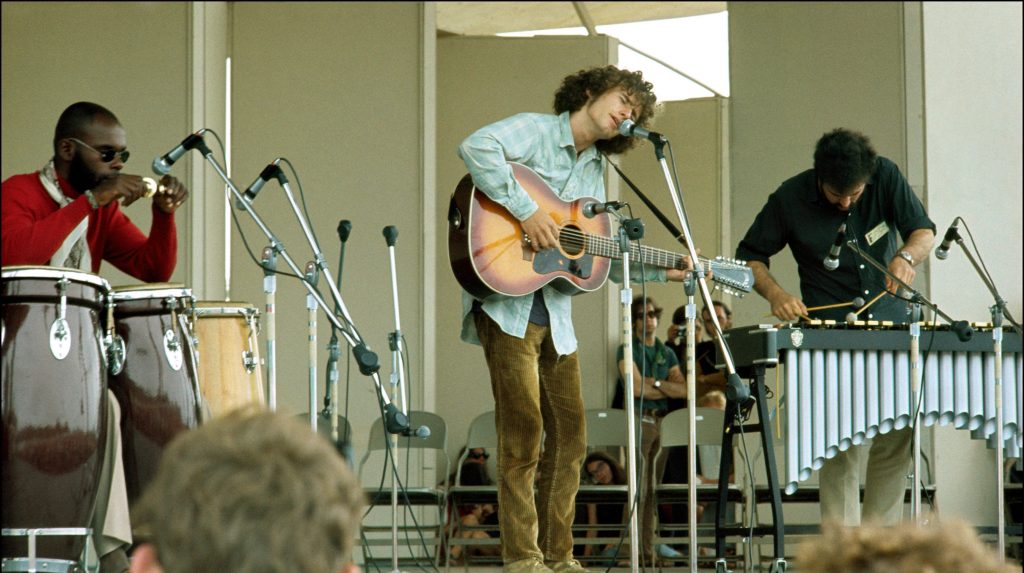
In addition to tracking through the live release, there will be music from across Buckley’s career which was cut short in 1975 when he died of an overdose at the age of 28.
The Owsley Stanley Foundation is endeavoring to preserve Bear’s archive of more than 1,300 live concert soundboard recordings from the 1960s through the 1980s by 80-plus acts running the gamut from The Grateful Dead and Miles Davis to Johnny Cash and the Jefferson Airplane.
Check out another featured release by the foundation, Johnny Cash At The Carousel Ballroom April 24, 1968, by clicking here

